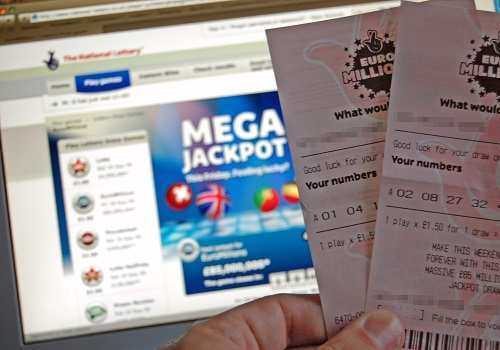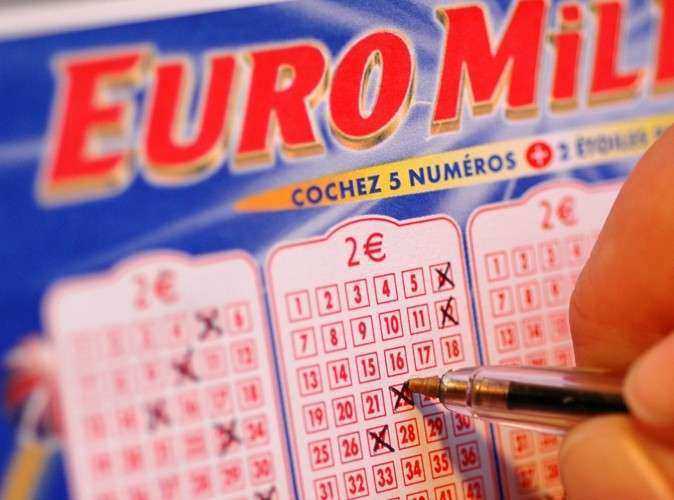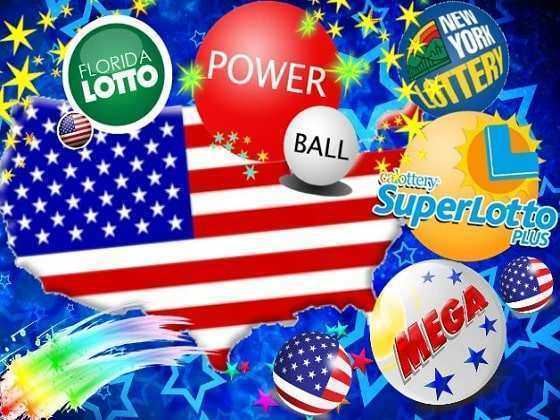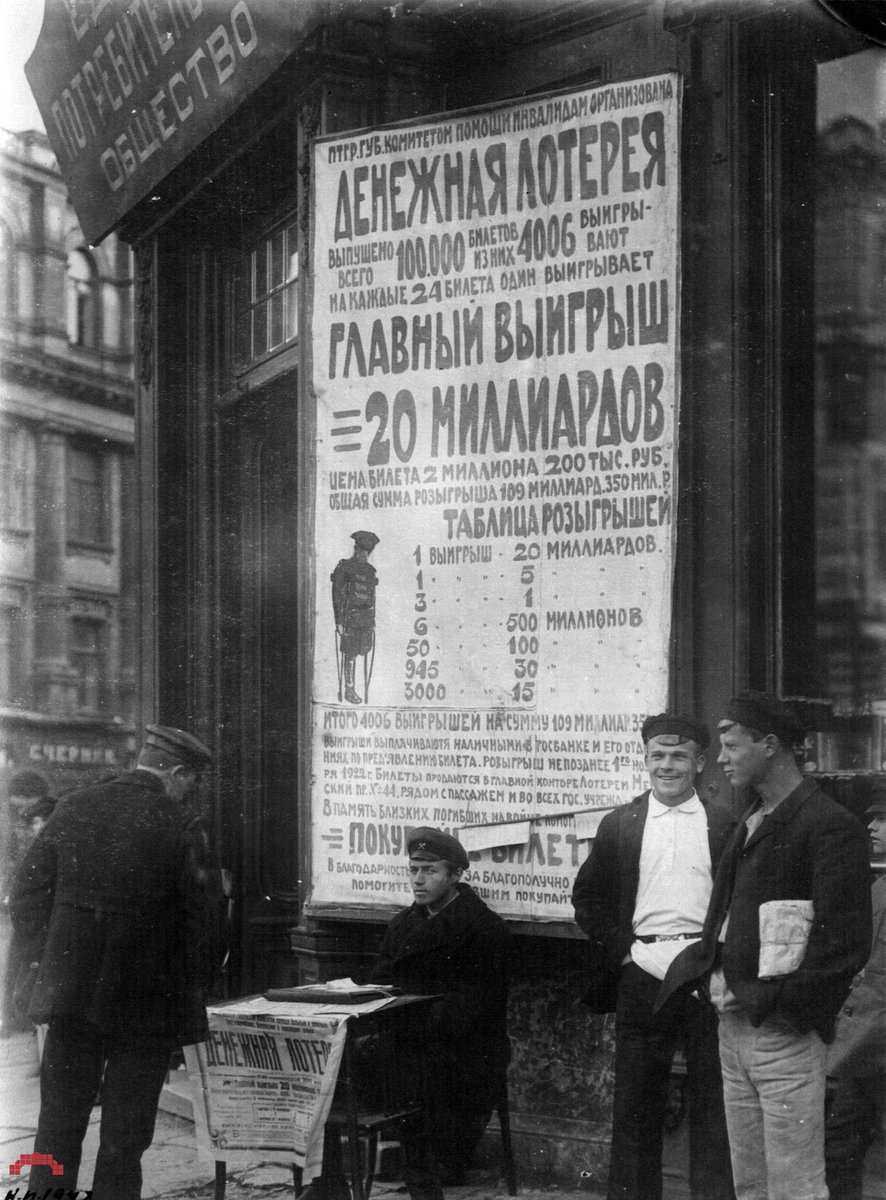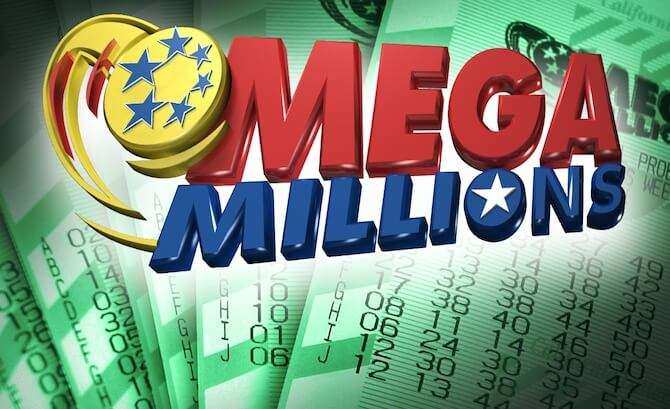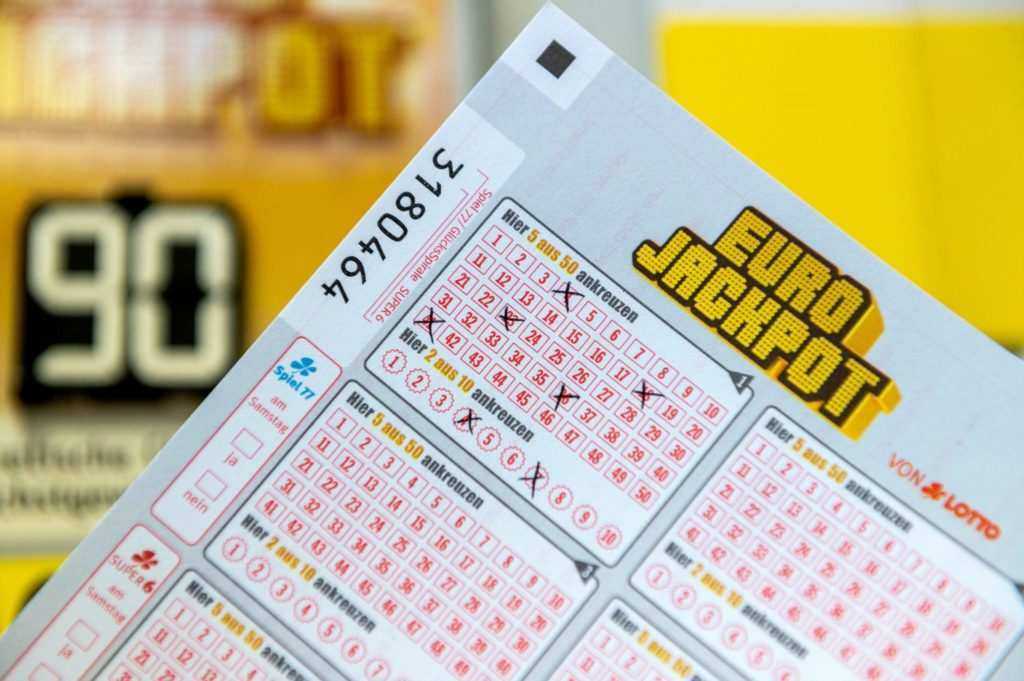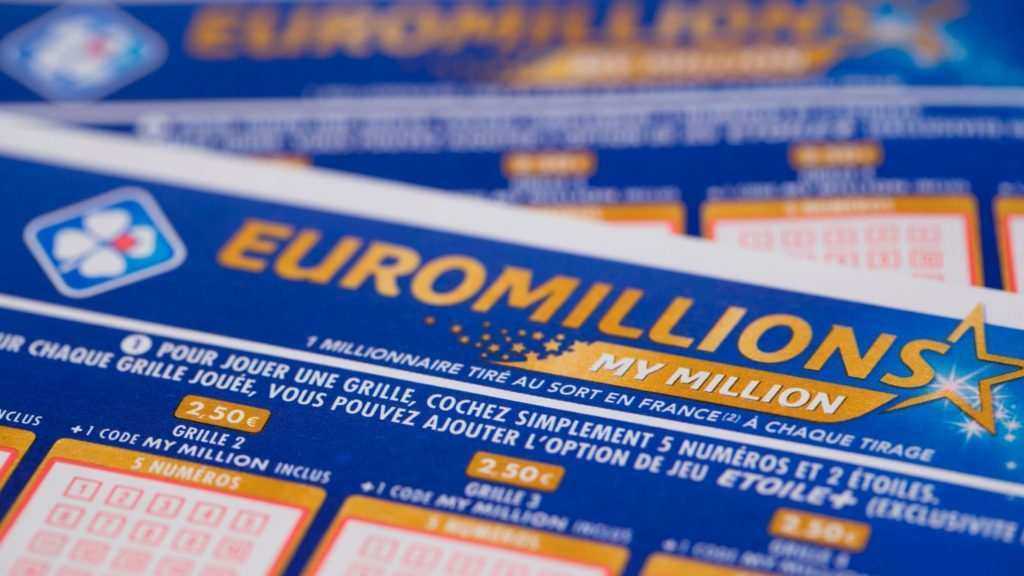History of American lotteries
Lotteries in America date back to the rise of the colonies of England in the New World. This phenomenon has become an integral part in the history of building a new country..
During the reign of Elizabeth I, the desire to establish colonies on Novaya Zemlya turned out to be a failure. Therefore, under Jacob I, it was decided to attract money from people. One of the largest London company at the time, named “Virginia”, owned the right to lay the first colonies named after King Fort James (English version of the name Jacob). By order of Jacob I, this company organized the lottery. Such an action was supposed to make it possible to build and maintain colonies of settlers. The result was amazing. For several years in a row, lotteries have brought 8 thousand pounds.
History of American lotteries – 1814 year
However, the colonial settlers were unhappy with, that lotteries are held only in England. Local authorities began to organize them.. FROM 1612 years, such lotteries are held annually. Capital, obtained from ongoing draws, helped establish the first American settlement of Jamestown in Virginia, or, what else was she called, Virginia. Later, the money was invested in social programs: school construction, hospitals, shelters, strengthening the army.
The lottery became popular, progressing in different directions and forms, as it was clear, that this is one of the most effective ways to replenish the budget for social development and military needs.
Already in the second half of the 19th century, the lottery brings the USA huge sums of money for social programs in twenty-four states. For two centuries for money, from raffled lotteries, more than three hundred schools and medical institutions were built, two hundred temples, orphanages, libraries, globally recognized colleges and universities. People were happy, deciding, that participation in them is the business of every citizen of the country.
But there have been “black days” for American lotteries. Major scandals have occurred: dishonest organizers did not give winnings to the winners. Or even disappeared with the money in an unknown direction. The state has lost control over the process of collecting money. IN 1890 year, President Benjamin Harrison restricted lotteries, and soon they were completely banned.
History of American lotteries – 1826 year
Congress introduced a law to obstruct and popularize the lottery in the country. IN 1892 year this law was approved at the level of the US Supreme Court. In the first year of the 20th century, lottery commerce was closed everywhere, outside of Louisiana. It had lottery draws for another six years..
After more than half a century, the lottery began to revive. IN 1964 year New Hampshire became the first state, who carried out the lottery drawing after a long ban. Just three years later, New York State joined the draws. And in the 70th year of the XX century, the state of New Jersey held a draw, in which, for the first time, amounts were accepted automatically. Which was the impetus for the advancement of the modern online drawing.
More than 50 lotteries. Each state provides its own rules of the game, therefore, several draws can be carried out by one firm.
Advantages and disadvantages of US lotteries
There are advantages and disadvantages to playing the American lottery. They should be studied, before deciding to take part in the draws.
Benefits:
Huge prize pools are the most important and obvious advantage of American lotteries. None of the CIS lotteries can boast of jackpots of several hundred million dollars.
Winnings are paid in dollars. Even if you fail to win the grand prize, but you will be able to guess at least a few numbers from the combination, then you can well count on a fairly generous, as by local standards, payment in 5-10 one thousand dollars.
The ability to play online. You don't have to go to the States, to take part in the next lottery drawing. You can buy a ticket online, and already in case of victory, you will need to come to the USA to receive the winnings.
High level of organization
US lottery draws are receiving close attention. By participating in US lotteries, you can be sure of the fairness of the draws and the guarantee of prize payments.
American lotteries are not devoid of disadvantages. There are not many of them, but residents of other countries should be aware of all the difficulties, they may face. for example, playing with lottery agents, you need to make sure they are honest. There is a risk, what if you manage to hit a really big jackpot, the lottery agent would prefer to hide with your money.
Remember, there is a fairly large tax on winning American lotteries. If you win big money and want to collect it in one check, you will have to donate about 60% prize amounts.
Worth saying, that American citizens don't like much, when foreigners win big prizes. If big prizes leave the country, citizens begin to write massive complaints to the authorities. No one wants to give huge capital to another country, but how much this can affect the difficulty of obtaining a prize, one can only guess.
Lottery evolution
Historically,, that the first lotteries were held in China, and even then, these lotteries were mainly used to fund government projects. Even the Great Wall of China could be one such project.. In ancient Rome, lotteries were held during events for wealthy citizens, the proceeds from which were sent to repair work in the city. In January 1449 the war between Milan and Venice was funded by the lottery.
For centuries, lotteries have mostly been sanctioned and run by states and governments to raise funds. In a way, these lotteries served as a form of voluntary taxation of the masses.. In this regard, the percentage of revenue from ticket sales compared to prize payments has been and remains quite low..
